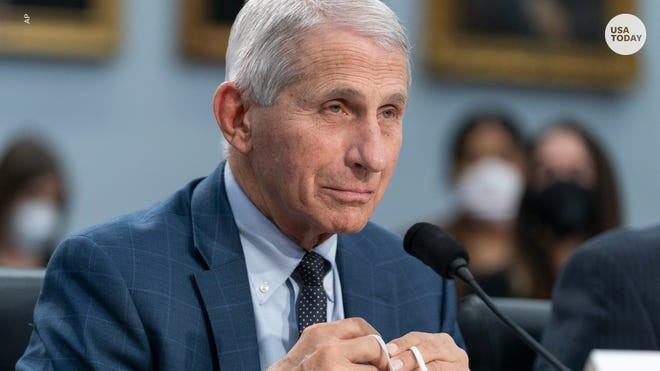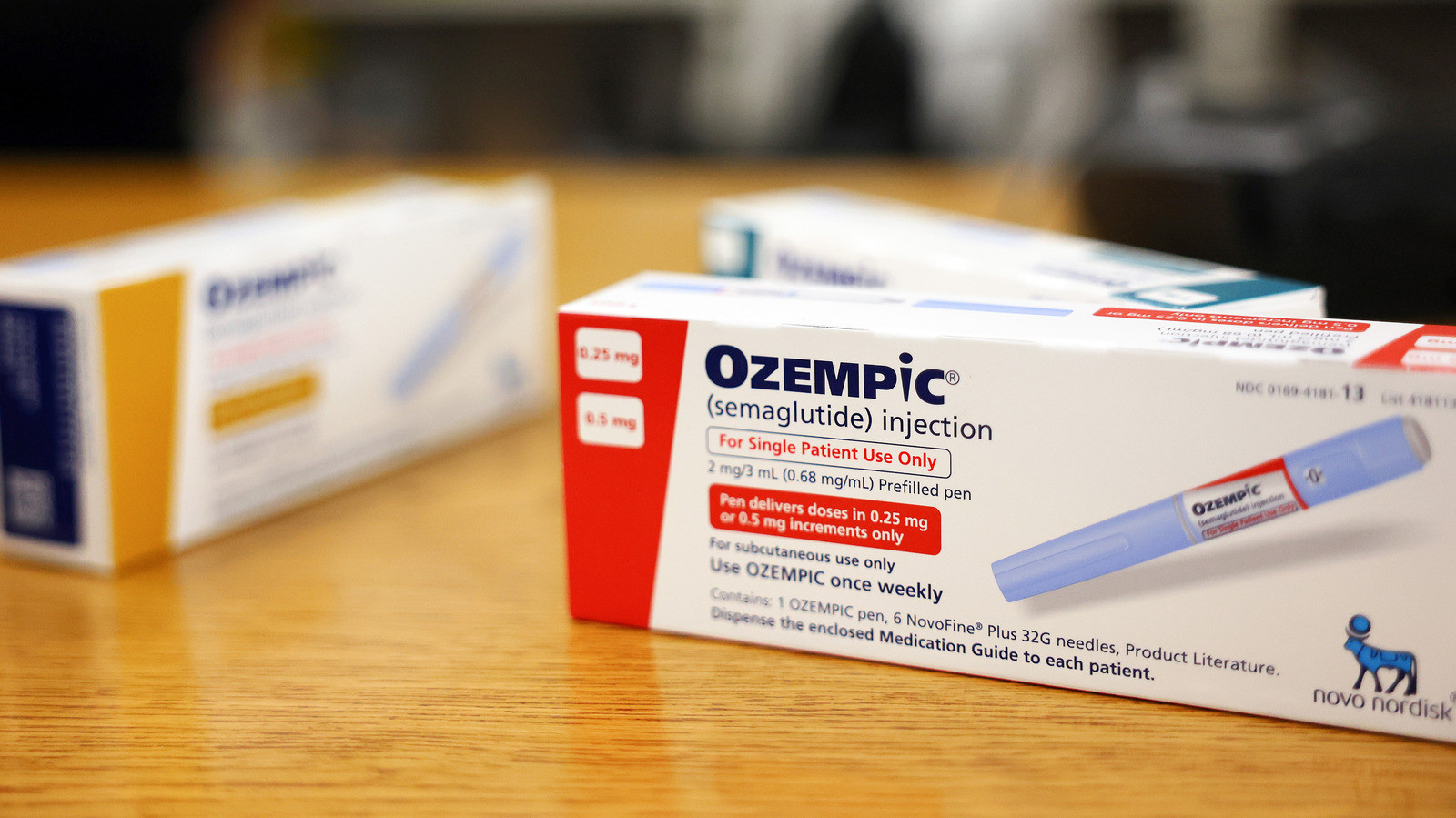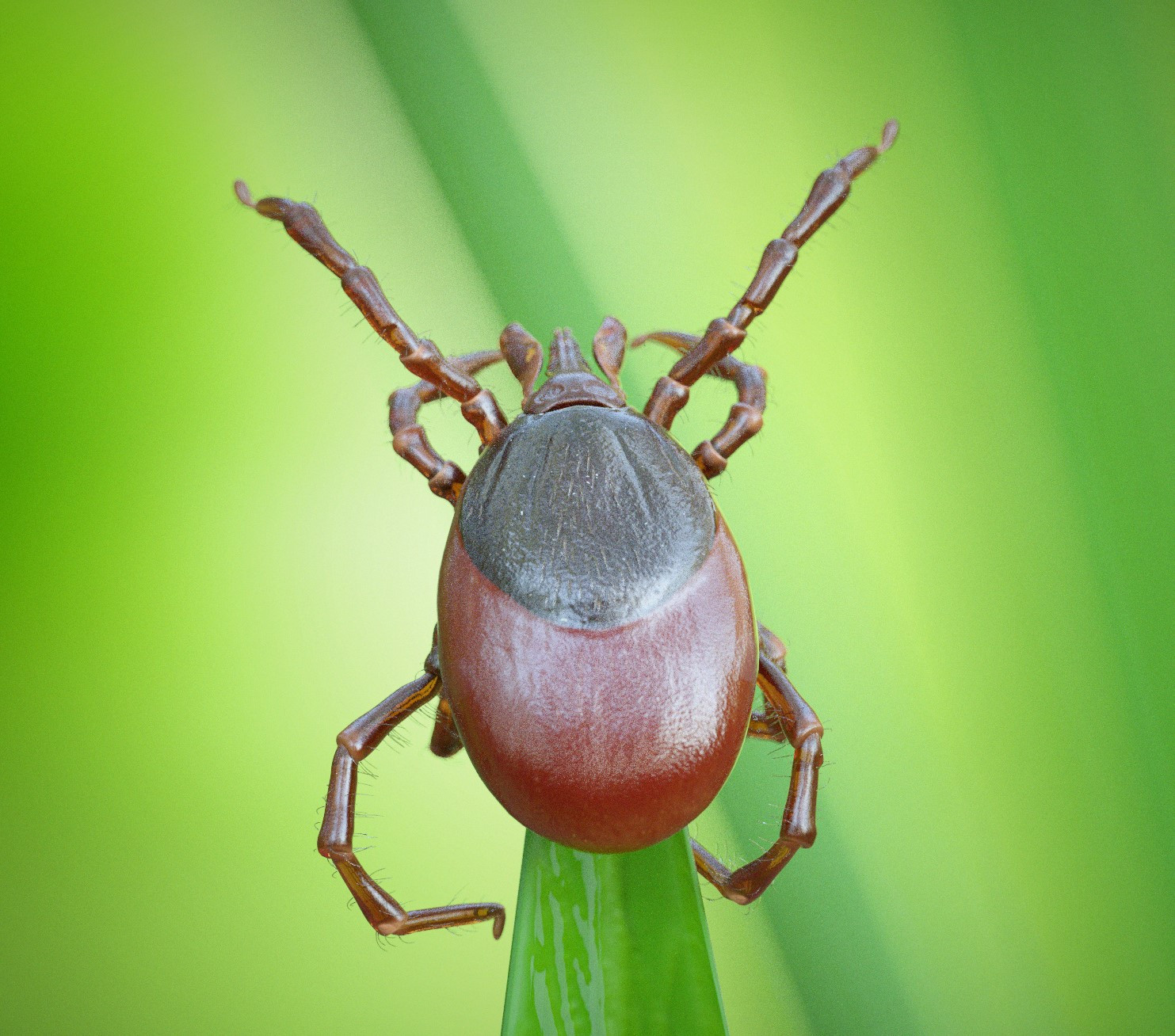As Dr. Anthony Fauci recovers from West Nile virus, questions are circling about the illness, including how it's contracted, its symptoms and preventing it.
Fauci, the former director of the National Institute of Allergy and Infectious Diseases who headed up the federal response to the coronavirus pandemic, told CBS News on Saturday that he is expected to make a full recovery at home after being hospitalized for days nearly two weeks prior.
CBS News chief medical correspondent Dr. Jon LaPook joined "CBS Mornings" on Monday to share details on the disease. Here's what to know:
The West Nile virus is primarily spread by mosquitoes and is the leading cause of mosquito-borne disease in the continental U.S.
While it spreads during mosquito season in the summer and fall, experts warn a warming climate means mosquito season is getting longer, prompting greater potential for the spread of disease.
Fauci told CBS News he probably got bit by a mosquito in his own backyard.
"But fortunately, he's on the mend, and he said he was home since about five days ago," LaPook said.
West Nile infection leads to flu-like symptoms, LaPook said, including:
"Less than about 1 in 150 people who get infected get a more serious form, and that involves the central nervous system. You get inflammation of the brain, and this the the membrane that lines the spinal cord, and that's a much more serious situation there," he said.
Fauci said he started not feeling well, mostly experiencing fatigue, about two weeks before he revealed his diagnosis.
"Then the fatigue really increased. He developed shaking chills, like he said he's never had before in his life, fever, and he was hospitalized for about a week," LaPook said. "It took a few days for them to figure out what was going on, what was the infection. And finally, they did a blood test, and it revealed that it West Nile virus, of all things."
The best way to avoid West Nile virus is avoiding mosquitoes.
"Dawn and dusk is when they tend to bite, (but) they can bite all day long," LaPook said.
Luckily, there are a few things you can do to reduce your risk if you're going to be outside:
Protecting yourself is especially important for people who are more at risk, he said, including the elderly and those immunocompromised.
West Nile Virus: Symptoms, Diagnosis, and Treatment
Dr. Anthony Fauci’s recent hospitalization for West Nile virus has brought renewed attention to this mosquito-borne illness. But what exactly is West Nile virus, and how serious can it be? I spoke with CNN wellness expert Dr. Leana Wen, an emergency physician, to learn more.
West Nile Virus: What It Is and How It Spreads
Dr. Leana Wen: West Nile virus is the No. 1 cause of mosquito-borne disease in the continental US, according to the US Centers for Disease Control and Prevention. It is most commonly spread through the bite of an infected mosquito. The time of the year when this disease is most often seen is the summer and early fall.
West Nile Virus: Symptoms
Most people infected with West Nile virus are asymptomatic. Of those who develop symptoms, many have flu-like symptoms such as fever, headaches, body aches, swollen lymph nodes and nausea.
There is a subset of people who develop a neurological form of the disease. (Fauci said he did not.) These cases can involve brain inflammation and swelling resulting in confusion, seizures, paralysis, coma and death. Individuals can also experience long-term neurological consequences as a result of contracting West Nile.
West Nile Virus: How Common Is It?
Wen: In the US this year, the CDC has documented 33 states that have had West Nile cases. In 2023, 47 states reported West Nile cases; in total, there were more than 2,400 reported instances, though this was likely a significant undercount given the number of asymptomatic and mildly symptomatic cases.
The West Nile virus is also found throughout the world, including across Africa, Europe, Asia and the Middle East.
Can West Nile Be Spread From Person To Person?
Wen: West Nile cannot be transmitted through casual contact with other humans who have the disease. Humans are also believed to be “dead-end hosts,” meaning that a mosquito that bites an infected human is not going to transmit the virus to another human.
However, there have been documented cases of transmission through blood transfusion, organ transplantation and, rarely, from mother to baby during pregnancy and breastfeeding. The dominant mode of transmission, by far, is through mosquito bites.
West Nile Virus: Diagnosis
Wen: There are blood tests that can detect antibodies to West Nile virus that are used for diagnosis. Patients with the neurological form of the illness may also receive a spinal tap, and testing could be done of the spinal fluid.
Individuals concerned about West Nile should speak with their health care provider to discuss whether and how they can pursue diagnostic testing.
West Nile Virus: Treatment
Wen: Unfortunately, there is no vaccine and no specific antiviral treatment for West Nile. Individuals diagnosed with it receive supportive treatment to address their symptoms, but there is no directed antiviral therapeutic at this time.
Other Mosquito-Borne Diseases
Wen: Dengue is another example of a virus transmitted by mosquito. Most cases in the US are from travelers, but local transmission has also occurred. Those traveling to other parts of the world need to consider malaria, which could be deadly.
And there are rarer cases of mosquito-borne diseases that can be very serious. For instance, Eastern equine encephalitis, also called EEE, was recently reported in Massachusetts — a disease that has a mortality rate of about 30%.
How to Protect Yourself From West Nile Virus
Wen: Prevention is key, especially as there is no specific vaccine or treatment for West Nile. People should take these steps between peak West Nile season, which is typically July to September, though cases have also been reported in the continental United States as early as June and as late as October.
First, reduce mosquito bites. Wear long-sleeve shirts and long pants when possible, especially when going out at sunrise, sundown and during the night, when mosquitoes are most active. Apply US Environmental Protection Agency-registered insect repellents to all areas of exposed skin. These will contain active ingredients like DEET. When used as directed, they are safe, including for children and pregnant women. An added step is to wear permethrin-treated clothing, which further reduces the risk of mosquito bites.
Second, work to reduce mosquitoes near you. Use screens on windows and doors, especially between dusk and dawn. Remove standing water in your garden and around your home, as these are key breeding grounds for mosquitoes. Look for items around your home that can hold water, like buckets, trash containers and toys, and empty and wash them at least once a week.
Third, assess your personal risk. If you are going to be traveling out of the country and going to areas known to have diseases such as yellow fever and malaria, make sure to ask your health care provider about additional prophylactic steps, such as the yellow fever vaccine and antimalarial pills.
Know, though, that there are risks close to home, too. Fauci said that he believes he got bitten by mosquitoes in his garden in suburban Washington, DC.

















